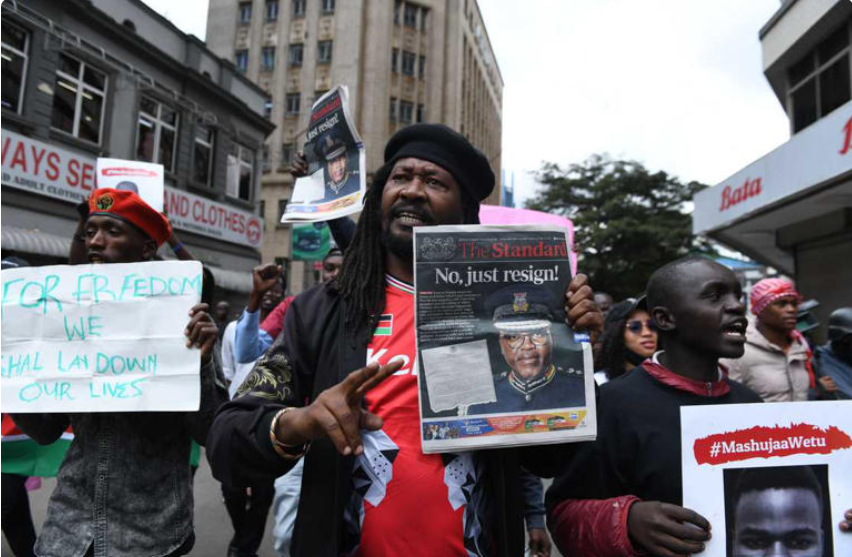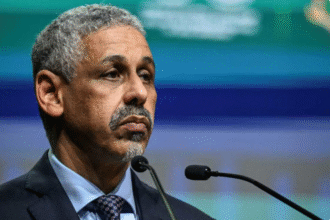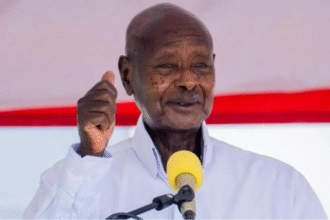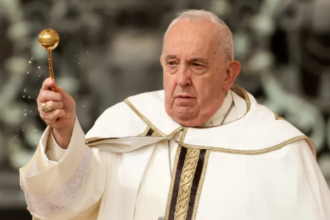By Peter Halima
Nairobi, Kenya – Business owners in Nairobi are counting their losses after a second day of anti-government protests brought the capital city to a standstill. Demonstrations triggered by the death of teacher and blogger Albert Ojwang in police custody forced widespread business closures, halting normal operations and raising concerns about escalating violence.
The protests, which erupted following Ojwang’s death, saw clashes between protestors and police, with reports of unknown gangs attacking both protesters and bystanders. Many stores were looted, and a street vendor selling face masks to demonstrators was reportedly shot by police, further fueling public anger and anxieties.
“Currently, our businesses remain closed until things get back to normal,” said Stephen Okoth, a trader in the Kamukunji area of Nairobi, speaking to TUKO.co.ke. Okoth explained that business owners are prioritizing the safety of their property over daily sales. “We would rather skip the day’s sales than see our businesses and property being destroyed.”
The protests also prompted the Deputy Inspector-General (DIG) of Police Eliud Lagat, who filed the complaint leading to Ojwang’s arrest for alleged defamation, to step aside in order to facilitate investigations into the matter. Lagat expressed his condolences to Ojwang’s family.
The financial impact of the disruptions is significant. Nairobi County, which collects over KSh 35 million in revenue daily, has been severely affected. According to Business Daily, the county raised KSh 12.8 billion in the fiscal year ending in June 2024. Having already lost hundreds of millions in revenue due to protests earlier in June, business owners were taking no chances on Tuesday.
“We’ve experienced significant challenges in June, which is a busy month for admissions. A calm atmosphere is essential for business. The unrest is hurting the economy,” noted Helson Ongeso, the principal of Uhandisi Training Institute in Nairobi CBD. Businesses are struggling to operate and are feeling the strain of the ongoing instability.
Adding to the tension, a harrowing account of a mask vendor, identified as Eli Joshua, being shot by police while selling his wares has sparked further outrage. A fellow hawker, witnessing the incident, broke down in tears as she recounted the event, emphasizing that Joshua was not involved in the protests and had not committed any crime.
Protest organizers have vowed to continue holding demonstrations every Tuesday and Thursday until Ojwang’s killers are brought to justice, raising concerns about further disruptions and economic losses in the coming weeks. The situation remains tense in Nairobi as residents and business owners alike grapple with the uncertainty and the financial fallout of the ongoing protests.









